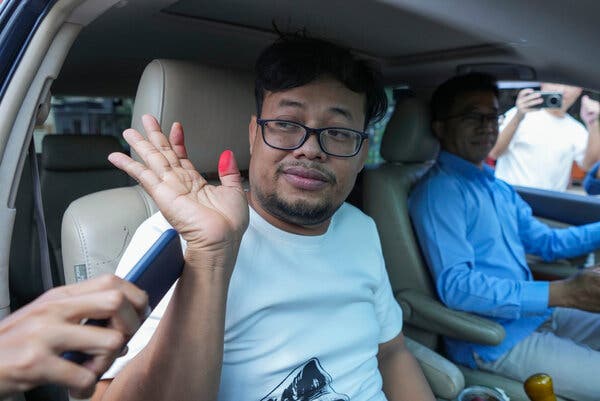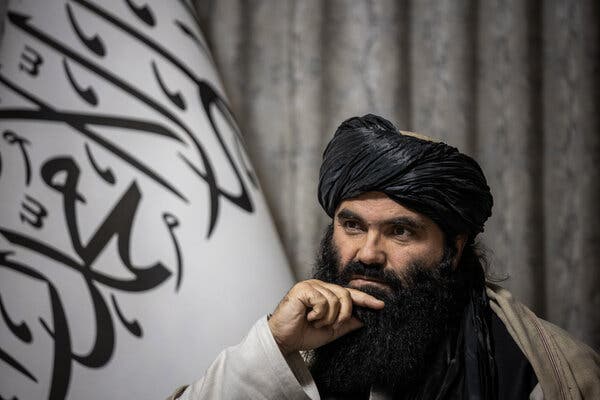The patriarch of a powerful family, his Tata Group put an indelible stamp on Indian life while acquiring British brand names like Tetley Tea and Jaguar.

Ratan Tata, one of India’s most powerful and admired magnates, who transformed his family’s business conglomerate, the Tata Group, into a multinational corporation with globally recognizable brands, died on Wednesday in Mumbai. He was 86.
The Tata Group announced his death in a statement, which did not specify a cause. He had been treated in a critical care unit of a hospital, Reuters reported.
During his 21 years as chairman and chief executive, from 1991 to 2012, the Tata Group’s profits multiplied 50 times, with most revenues coming from sales abroad of such recognizable Tata products as Jaguar and Land Rover vehicles and Tetley teas.
Despite the conglomerate’s international outreach, its impact at home remained greater than ever under Mr. Tata’s leadership. For middle-class Indians, it was almost impossible to get through the day without buying Tata goods and services. They awoke to Tata tea, surfed the internet with Tata Photon, watched Tata Sky programs on television, rode in Tata taxis or drove their own Tata cars, and used uncounted products made with Tata steel.
Beginning in the 2010s, other family-led business groups rivaled or overtook the Tata Group in revenues and valuation. But none of the new magnates enjoyed the public esteem of Mr. Tata, who was renowned for disbursing a majority of his wealth to philanthropy and for his investments in startup businesses by young, underfinanced entrepreneurs.
The unusual ownership structure of the Tata Group added to Mr. Tata’s allure. The parent company, Tata Sons Pvt. Ltd., held the majority shares and was itself two-thirds-owned by philanthropic trusts endowed by Tata family members.



